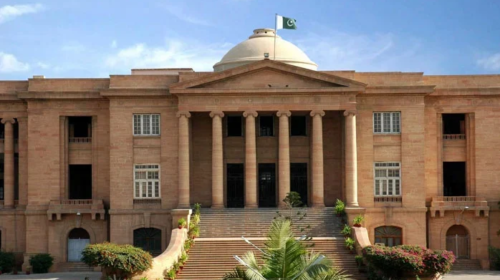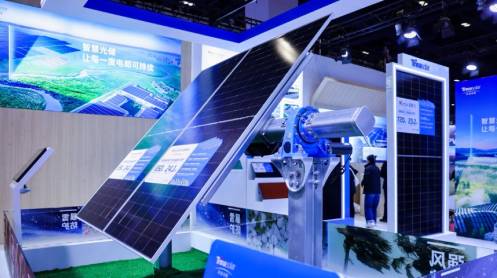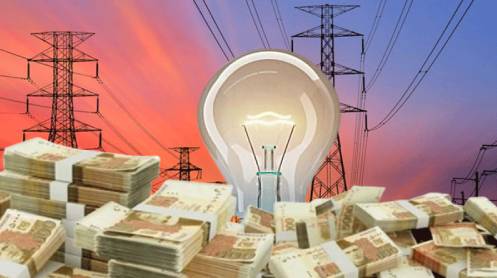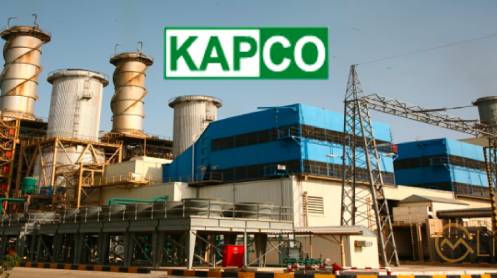The Sindh High Court on Monday extended its earlier order to restrain the K-Electric from collecting the Municipal Utility Charges and Taxes (MUCT) through electricity bill till Oct 26.
A division bench headed by Justice Syed Hasan Azhar Rizvi also appointed two senior lawyers as amici curiae to assist the court on the subject issue.
Karachi Administrator Murtaza Wahab was present in court when the bench took up for hearing two petitions filed by a lawyer and the city chief of the Jamaat-i-Islami against collection of MUCT through power bills.
He submitted that on the last hearing the SHC had asked him whether the levy could be recovered through a third party. He said Section 100 of the Sindh Local Government Act 2013 had allowed the Karachi Metropolitan Corporation (KMC) to hire a third party for such a collection.
Extends restraining order till 26th; Wahab asks court to vacate stay; says Rs65m collected via KE bills
The administrator further submitted that they had so far collected Rs65 million in respect of the MUCT and verbally requested the bench to vacate the interim restraining order.
However, the bench said that two former attorney general, Khalid Jawed Khan and Munir A. Malik, were appointed as amicus curiae in both the petitions and asked its office to issue notices to them for the next date of hearing.
It directed the parties to provide copies of pleadings along with all its annexure to the amici curiae at least four days before the next hearing.
On Sept 26, the bench had restrained the power utility from collecting MUCT through electricity bills till Oct 10 on the petition of Advocate Syed Najeebuddin Ahmed, who had moved the SHC in April.
JI Karachi chief Hafiz Naeem-ur-Rehman and other party leaders also petitioned the SHC last month impugning the collection of MUCT through the power bills.
Citing the ministry of energy (power division), Sindh chief secretary, local government secretary, city administrator, KE as respondents, the petitioners had submitted that linking MUCT with electricity consumption was against the law.
They stated that the power utility was “known for its poor performance, faulty and overbilling and extortion of money in different names and accounts and now MUCT has also been outsourced to the KE”.
They maintained that KE was a private company and had a limited licence for generation, transmission and distribution of power only and the agreement between ministry of energy and KE had nothing about collection of different charges and it could not be indulged in collection of taxes on behalf of the KMC.
The petitioners further contended that the executive authority of Sindh did not have unrestrained powers to commit excesses on their whims and fancies on the citizens of the city.
They pleaded to declare collection of MUCT via electricity bills illegal and to set aside the linking of such tax with consumption of electricity.
They also asked the SHC to declare the notifications in question and resolution signed by the administrator void and sought a restraining for KE from collecting MUCT in power bills.





